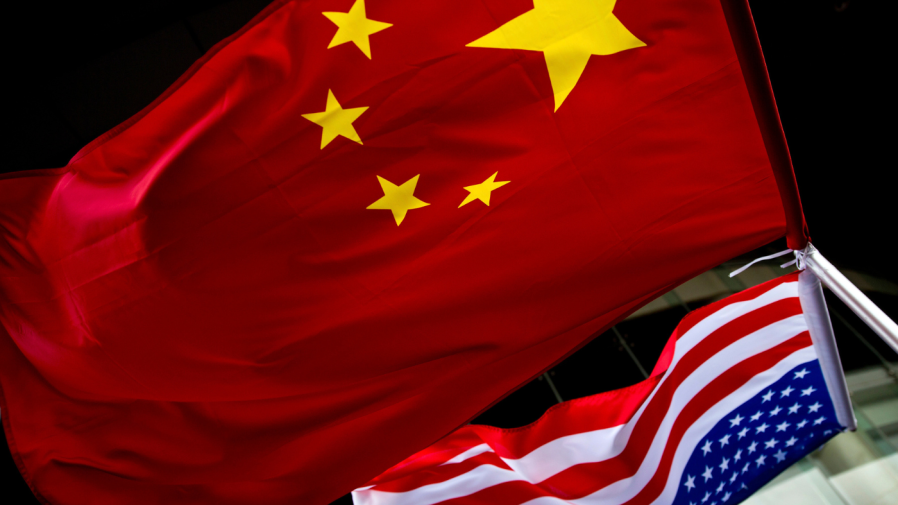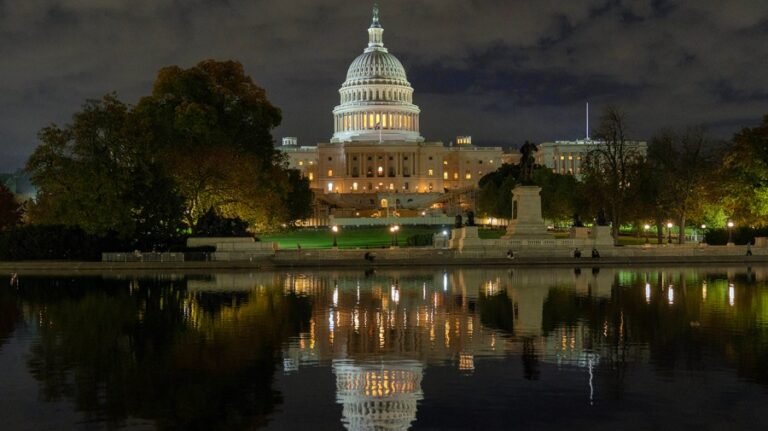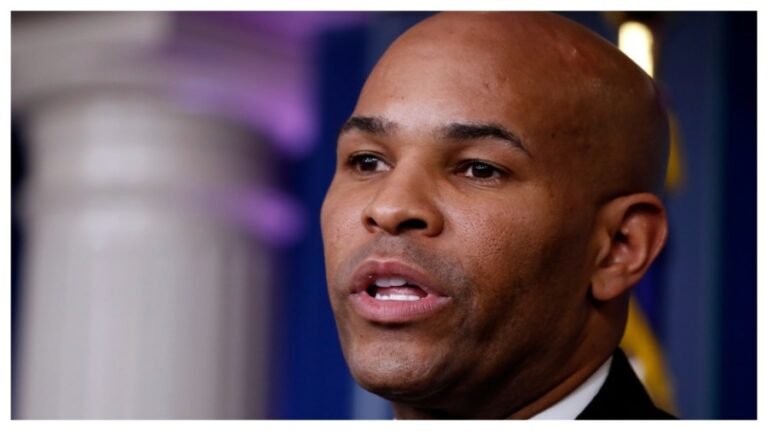
An international human rights group said that Chinese rare earth minerals are being produced through forced labor as President Trump lauded a Tuesday deal with President Xi Jinping that would allow for “full magnets, and any necessary rare earths” to be readily supplied to the U.S.
A June report from the Global Rights Compliance (GRC), an international legal practice with a focus on humanitarian rights, said the persecuted Uyghur population in the Xinjiang region is being forced to mine critical minerals to help China remain the leading global producer.
Rare earth minerals are used for a wide range of functions, including for technology, crude oil production, hybrid cars, nuclear reactors, batteries, fighter jets, missiles and submarines.
“The Uyghur Region’s abundance of coal and lack of environmental regulations also drive its evolution into the epicentre of the energy-intensive mineral mining and processing industry. Minerals mined and/or refined in the region routinely enter global supply chains through unregulated or opaque mineral distribution channels,” the report says, noting China produces 30 of 44 U.S. critical minerals.
“As a result, significant portions of the world’s economy are potentially exposed to products tainted by forced labour and high carbon footprints,” it adds.
President Trump issued a March executive order aimed at “unleashing American energy” promising a resurgence in offshore drilling, coal production and nuclear power amid environmental concerns about pollution.
His efforts to drive down costs nationally, are set to impact foreign workers in a range of areas including China, the report argues.
“The use of coal as the main energy source, the lack of labour and environmental standards, and the deployment of opaque distribution centres together serve to artificially deflate the cost of goods made in the Uyghur Region and create an unfair playing field for legitimate businesses,” the GRC wrote.
Approximately 40 percent of China’s coal reserves are located in the Xinjiang region, according to the study. The U.S. was the fifth largest export market by value, totaling a 283.1 percent increase year-over-year in 2024, alongside an uptick in exports to Poland and the United Kingdom.
In 2022, the Biden administration began to formulate a list of black listed companies in the region known to be using the Uyghur population for forced labor. The list has continued to develop as businesses are blocked from trade with the U.S.
The GRC argued in its report that countries and companies must continue to identify the use of forced labor in the region and consciously decrease the global dependence on minerals produced in the region.
“Governments should require companies to publish a list of their critical raw materials suppliers and processors/ refiners and document the GPS coordinates where entities at those stages of the supply chain operate,” they wrote in their study.
“The U.S. government should name titanium, lithium, beryllium and magnesium as high-priority sectors under the Uyghur Forced Labor Prevention Act (UFLPA) and should add these products to the Department of Labor’s List of Products Made with Child and Forced Labor.”


